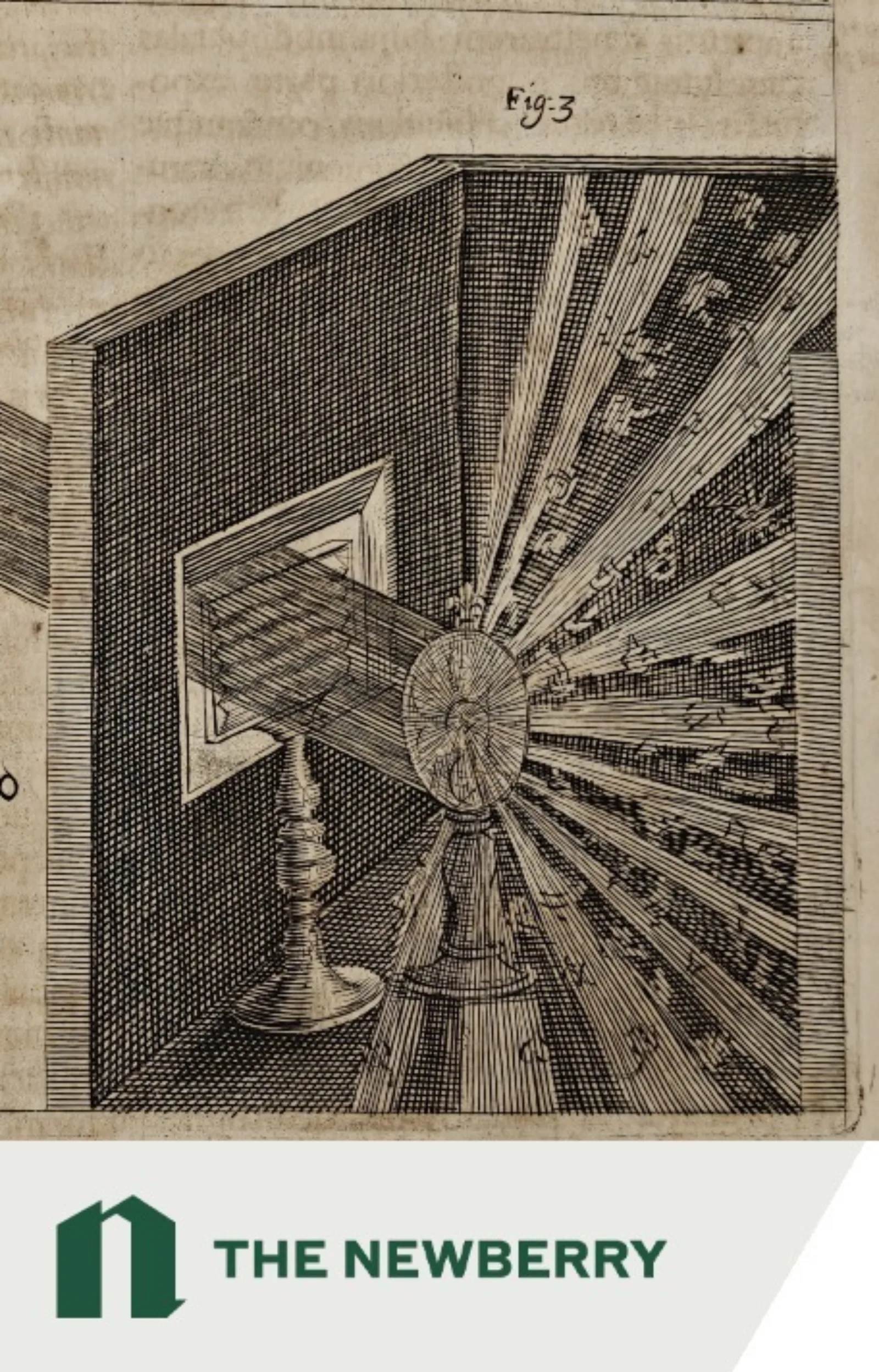
Fragments of the Sky: Early Prisms and Wonder
James Clifton, Sarah Campbell Blaffer Foundation
It is generally accepted that before Isaac Newton and others transformed glass or crystalline prisms into “genuine instruments of knowledge” in the second half of the seventeenth century, they were playthings, decorative and entertaining trinkets. This paper examines the functions of prisms dismissed by contemporary scholars and some early moderns as lacking serious scientific purpose, considering their significance in stimulating the imagination and a sense of wonder. Diverse examples will be adduced, including the Jesuit Matteo Ricci’s gifts of prisms in the China Mission; Athanasius Kircher’s prismatic machines for the creation of a spectacular, jeweled paradise; and the inclusion of prisms in curiosity cabinets.

Inventing Inventories, Picturing Pictures: Daniel Fröschl and the Imperial Kunstkammer of Rudolf II
Jessica Keating, Carlton College
What is the precise relationship between early modern collecting and early modern sovereignty? This is the question at the heart “Inventing Inventories, Picturing Pictures,” which takes up the largest and arguably the most famous early modern princely collection, Holy Roman Emperor Rudolf II’s Kunstkammer in Prague. Art historians have long considered Rudolf’s Kunstkammer to be a quintessentially “political” and aggrandizing representation of the Emperor and the Holy Roman Empire’s mastery of nature. However, close examination Daniel Fröschl’s 1607-1611 Inventory of the Kunstkammer, reveals that it is only by way representations of the collection, not the collection itself, that allowed the emperor to appear as if he had dominion over the collection and by extension the world.
Register
This event is free, but all participants must register in advance. Space is limited, so please do not request a paper unless you plan to attend.
Register and Request PaperAbout the European Art History Seminar Series
The Center for Renaissance Studies European Art Seminar considers work in art history that explores painting, sculpture, graphic art, architecture, caricature, manuscript illumination, book arts, and material culture. The European Art Seminar is sponsored by the Samuel H. Kress Foundation.
